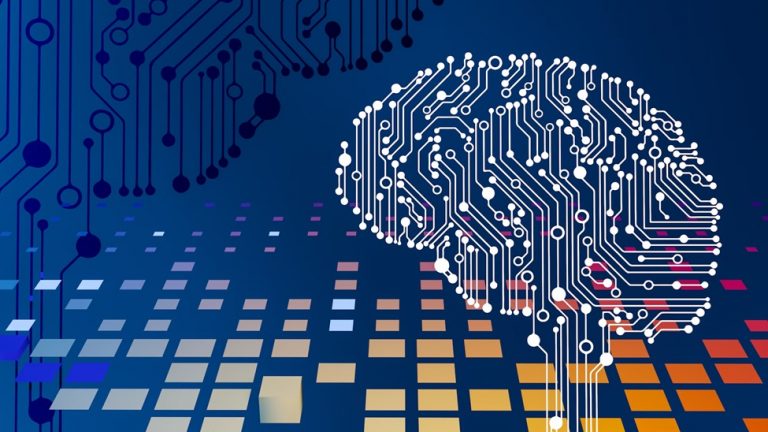
In recent years, the field of artificial intelligence (AI) has witnessed unprecedented growth and innovation, transformed industries and shaped the future of technology. The latest announcements from Meta, Alphabet, OpenAI, and NVIDIA are a testament to the rapid advancements and the competitive spirit driving the AI sector forward.
Meta, formerly known as Facebook, has made significant strides with the unveiling of its new AI model, Llama 3.1. This open-source model is not only a leap in AI capabilities but also a strategic move in the ongoing competition among tech giants. Meta’s commitment to open-source AI models could democratize access to cutting-edge technology, fostering innovation and collaboration across various sectors.
This latest iteration, Llama 3.1, is not just an incremental update but a substantial leap forward in AI capabilities. Here are some of the key features that set Llama 3.1 apart:
Register for Tekedia Mini-MBA edition 19 (Feb 9 – May 2, 2026): big discounts for early bird.
Tekedia AI in Business Masterclass opens registrations.
Join Tekedia Capital Syndicate and co-invest in great global startups.
Register for Tekedia AI Lab: From Technical Design to Deployment (next edition begins Jan 24 2026).
Model Size: Llama 3.1 is one of the largest open-source language models available today, with a staggering 405 billion parameters. This immense size allows the model to process and understand complex data at an unprecedented scale.
Multilingual Support: The model boasts extensive multilingual capabilities, supporting conversations in multiple languages including Spanish, Portuguese, Italian, German, Thai, French, and Hindi. This feature enhances its utility for a diverse range of users and applications across different regions.
Alphabet, Google’s parent company, continues to be a dominant force in AI research and development. With its pioneering work in deep learning and neural networks, Alphabet has consistently pushed the boundaries of what AI can achieve. The company’s focus on integrating AI into its suite of products has made it an integral part of everyday life for millions of users worldwide.
OpenAI, backed by Microsoft, has been at the forefront of creating AI models that can perform a wide range of tasks, from natural language processing to complex problem-solving. The organization’s emphasis on ethical AI development and safety research is crucial in addressing the challenges that come with advanced AI systems.
NVIDIA, known for its powerful graphics processing units (GPUs), has played a pivotal role in the AI revolution. The company’s hardware has become the backbone of many AI applications, enabling faster and more efficient processing of large datasets. NVIDIA’s collaboration with OpenAI to develop the world’s most powerful AI GPU is a clear indicator of its commitment to advancing the field.
These developments reflect a broader trend in the AI industry: the race to achieve artificial general intelligence (AGI), a level of AI that can understand, learn, and apply knowledge in a way that is indistinguishable from human intelligence. While AGI remains a long-term goal, the current advancements are significant steps toward that vision.
The impact of these advancements extends beyond the tech industry. AI has the potential to revolutionize healthcare, education, transportation, and many other sectors. It can enhance efficiency, improve decision-making, and unlock new possibilities for innovation.
As we witness this AI renaissance, it is essential to consider the ethical implications and ensure that the benefits of AI are accessible to all. The collaborative efforts of Meta, Alphabet, OpenAI, and NVIDIA demonstrate a collective commitment to pushing the boundaries of AI while being mindful of its societal impact.
The future of AI is bright, and the contributions of these companies will undoubtedly shape the trajectory of this transformative technology. As AI continues to evolve, it will be fascinating to see how it reshapes our world and the way we interact with technology.



